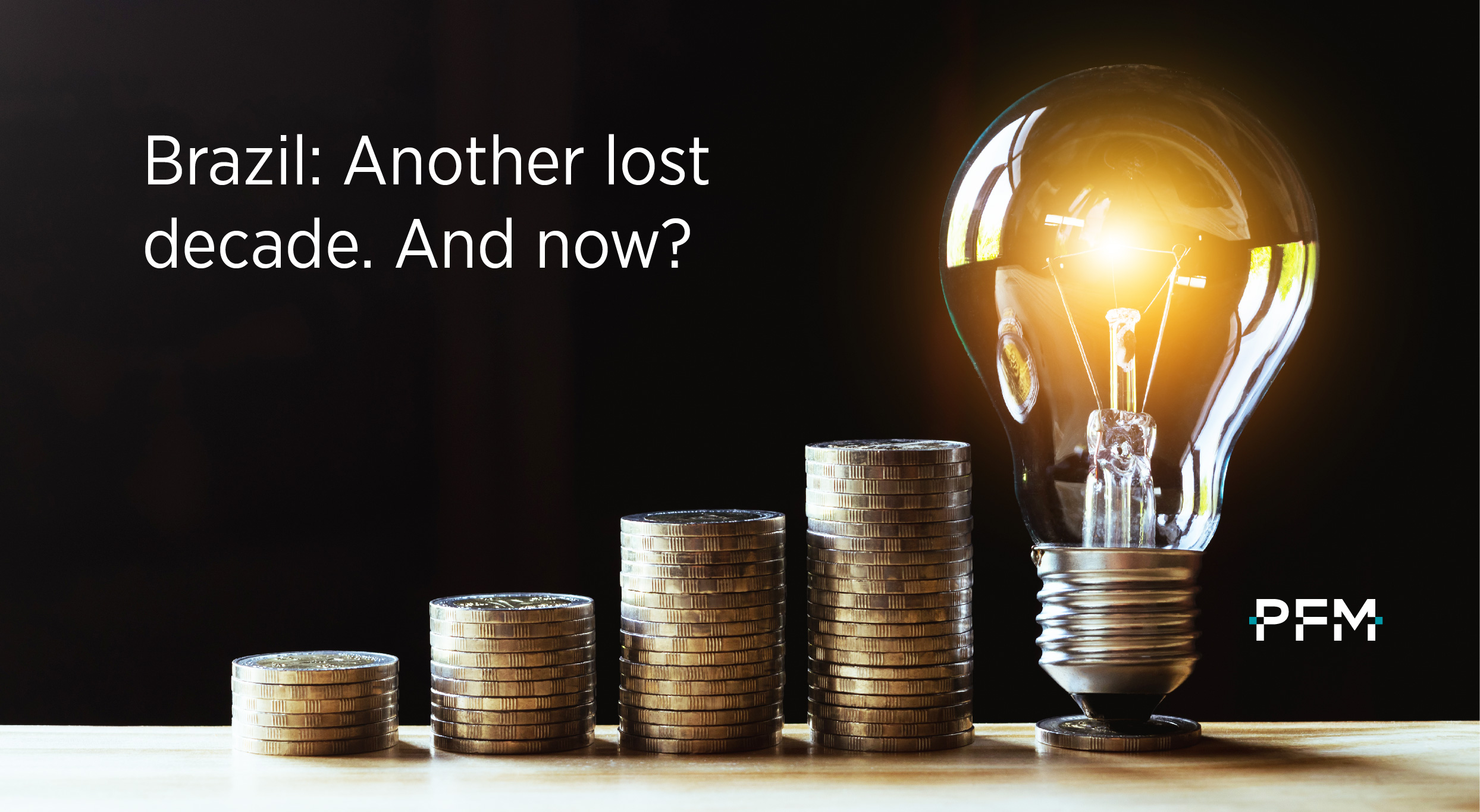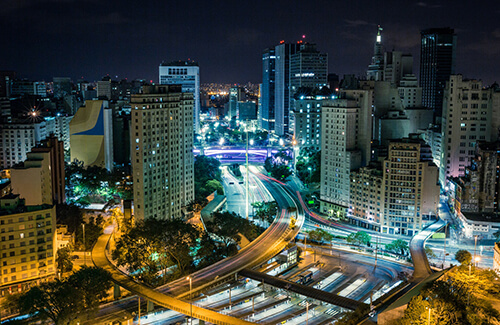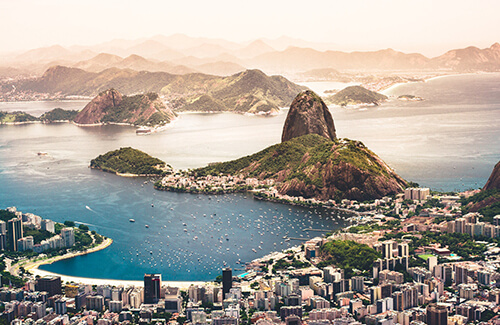Check our latest article on Brazil's economy past decade and what we can expect in the years to come.
For those Brazilians that were grown in Brazil during the 80’s, our so-called “lost decade”, this comes with bitter feelings the fact that 2020 will mark the closure of another lost decade, the second in the last 40 years.
To make it worse, the GDP growth that in the 80’s was around 1% p.y. will be negative this decade, due to the poisonous combination of this year’s crisis and the 20015/2016 self-inflicted recession, which was mainly due to interventionist and loose fiscal policy from the then Federal Administration.
With this in mind, also taking into account the current abundance of bad media on our country, especially focused on the coronavirus’ pandemic and environmental issues, many could wonder which is the future ahead for Brazil, its people and its economy.
And the purpose of this article is to make an affirmation, based on my experience on being a Brazilian and dealing with international investors since the 90’s: no, Brazil will not have another lost decade in the years to come.
Of course that if this will be as good as it can will largely depend on how our government and powers behave on dealing with our relative new democracy (we shall note that our constitution was enacted in 1988 and we are currently in our longest democratic period since our Republic was established in 1889).
First and foremost, there is one mathematical fact we can not run away from: the GDP basis is so depleted (the economy is now smaller than in 2010), that to be able to produce growth has become not a big challenge unless a real series of bad policymaking comes together, which is unlikely to be the case, as the 90’s and 00’s have shown.
Here, we shall note that since the Real Plan was implemented in 1994, Brazil has been transformed from being a high inflation, high interest rate country, to having an inflation expected to be lower than 2% this year (below the lower threshold of out inflation target policy), in combination with the lowest interest rates of our history (currently at 2,25% p.y.).
For a generation that has lived with high inflation during its childhood/adolescence and with high interest rates during all its professional life, the effects of such low interest rate will be extremely transformative, as there is now real incentive for investors to move from fixed income to other types of investment.
Unsurprisingly, the number of Brazilians that invest in the local stock exchange (with is still very small as a % of the population) has climbed significantly, even during the proving times that we are facing during the pandemics. Just as an example, after loosing half of its value on March, the Bovespa index has since then climbed more than 60%.
In addition to the above, other conjuncture facts that have helped Brazil in the past will likely play an important role, such as:
(i) Demographics: this is a challenge to find a middle-income country with a 200+MM population as Brazil, with huge potential on consumer business, technology, healthcare and most of the industries we can think of;
(ii) Brazil already has one of the cleanest energy matrices in the world and, despite becoming one of the top ten oil producers, the % of renewables in the matrix continues to grow;
(iii) There is no relevant foreign deficit and the current devaluation of the Real is making a series of companies to make overseas’ credit transactions, as well as 20+ IPOs are still planned for this year;
(iv) At least for the remainder of the current administration, we can expect the continuation of an important privatization and concession program, which is crucial to tackle Brazil #1 public policy issue to be dealt with in the upcoming years, that is the gross public deficit that will reach around 90% after the incentives implemented to deal with the pandemics;
(v) Complementing the previous item, we shall bear in mind that a social pension reform that many doubted could be pass on the \Congress was implemented last year and will have an important effect in the upcoming years. The current administration is also currently discussing with the Brazilian parliament houses tax and administrative reforms that can also bring upsides to the table;
(vi) Brazil stock exchange is still very limited on investments and overseas’ investors have fled last year and this year so far. This, combined with the devaluation of the Real, brings some Brazilian assets to be attractive. Also in this line, we are seeing a couple of trends: Foreign Direct Investment remains high, at a USD60+ Billion pace per year, and a series of venture capital and private equity firms are planning investments in distressed assets and/or assets that can be consolidated;
(vii) Brazil is an agricultural powerhouse and the current foreign trade tensions around the world tend to benefit the country, as we remain as one of the more closed economies in the world (foreign trade is equivalent to only 20% od the GDP, compared to a 50-60% figure in OECD countries).
Should you like to further discuss the subjects above and how we can help you navigate Brazil business environment, please do not hesitate to contact our team (This email address is being protected from spambots. You need JavaScript enabled to view it.). In the following articles we will address a little of our political/economical history, as well as our opinion on the challenges that lie ahead to us.


